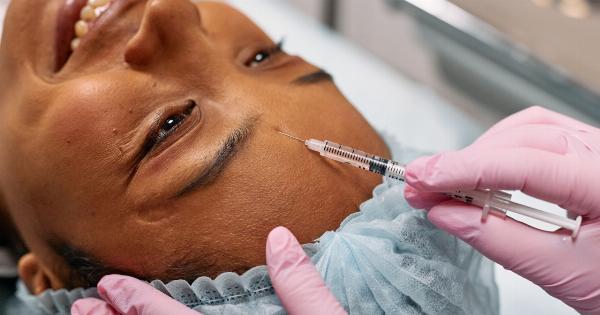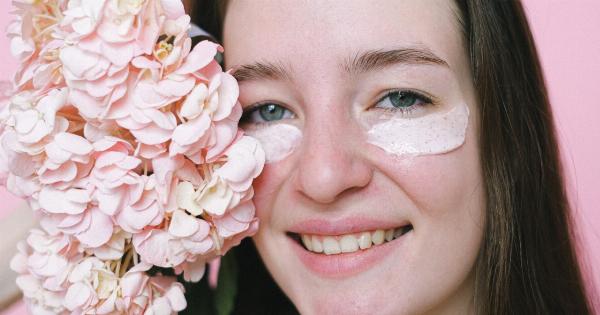Botox is a popular cosmetic procedure that helps reduce the appearance of wrinkles and fine lines. It’s composed of botulinum toxin, a neurotoxin that blocks nerve signals, causing temporary paralysis in the muscles that cause wrinkling.
Botox injections are widely used because they provide quick and effective results, but people often wonder about the lifespan of Botox. In this article, we will explore the lifespan of Botox and other vital details about the procedure.
What is Botox?
Botox is a brand name for a type of botulinum toxin, a neurotoxin that is produced by the bacteria Clostridium botulinum. It’s a potent toxin that can cause paralysis by preventing nerve signals from reaching the muscles.
Botox blocks the signals between the nerves and muscles, reducing muscle contractions and preventing wrinkles from forming on the skin’s surface.
How is Botox administered?
Botox injections are administered by a trained professional via a fine needle. The procedure is typically painless and non-invasive. The injection is inserted into the targeted muscle and takes just a few minutes to perform.
You’ll be able to return to your daily activities immediately after the procedure.
How long does Botox last?
The lifespan of Botox can vary depending on several factors, including the muscle’s strength and the number of units administered.
Generally, Botox lasts between three and six months, and the effects become noticeable within a few days of the procedure. Over time, the muscles will regain their strength, and the wrinkles will begin to reappear. The treatment needs to be repeated to maintain the results.
What are the factors that affect the lifespan of Botox?
Botox can last for varying periods based on several factors such as:.
- The targeted muscle’s strength: The effectiveness of Botox can vary depending on the muscle’s strength and size.
- The number of units administered: The more units injected can lead to longer-lasting results.
- The frequency of injections: Repeated injections can lead to a cumulative effect, increasing the lifespan of the treatment over time.
- The person’s age: Younger people typically have a faster metabolism, and the effects of Botox may wear off more quickly.
- The person’s overall health: A healthier immune system can break down the toxin more efficiently, leading to a shorter lifespan of Botox.
What are some common areas treated with Botox?
Botox can treat various areas on the face, including:.
- The forehead: Botox can smooth forehead wrinkles by relaxing the muscles that cause them.
- The glabella: Botox can minimize the appearance of vertical lines between the eyebrows, also known as the “11s.”
- The crow’s feet: Botox can help reduce the appearance of fine lines around the eyes, known as crow’s feet.
What are the side effects of Botox?
Botox is generally safe when administered by a trained professional, but like any medical procedure, it does come with some risks. Some common side effects of Botox include:.
- Temporary bruising at the injection site.
- Mild discomfort or swelling at the injection site.
- Temporary weakness or drooping of adjacent muscles.
- Headaches or flu-like symptoms.
These symptoms usually go away within a few days, but if you experience severe side effects, such as difficulty swallowing or breathing, seek medical attention immediately.
Who should avoid Botox?
Botox may not be suitable for everyone, especially those who have certain medical conditions such as:.
- Muscular or nerve disorders such as ALS or myasthenia gravis.
- An allergy or sensitivity to any ingredient in Botox.
- Pregnant or breastfeeding women should avoid Botox since its effects on the fetus or infants are unknown.
- People with a history of unsafe cosmetic procedures.
Conclusion
Botox is a popular cosmetic procedure that can help reduce the appearance of wrinkles and fine lines. The lifespan of Botox varies based on several factors, including the muscle’s strength and size, and the number of units injected.
Generally, the treatment lasts between three and six months and has minimal side effects. Speak to a trained professional to determine if Botox is right for you.






























